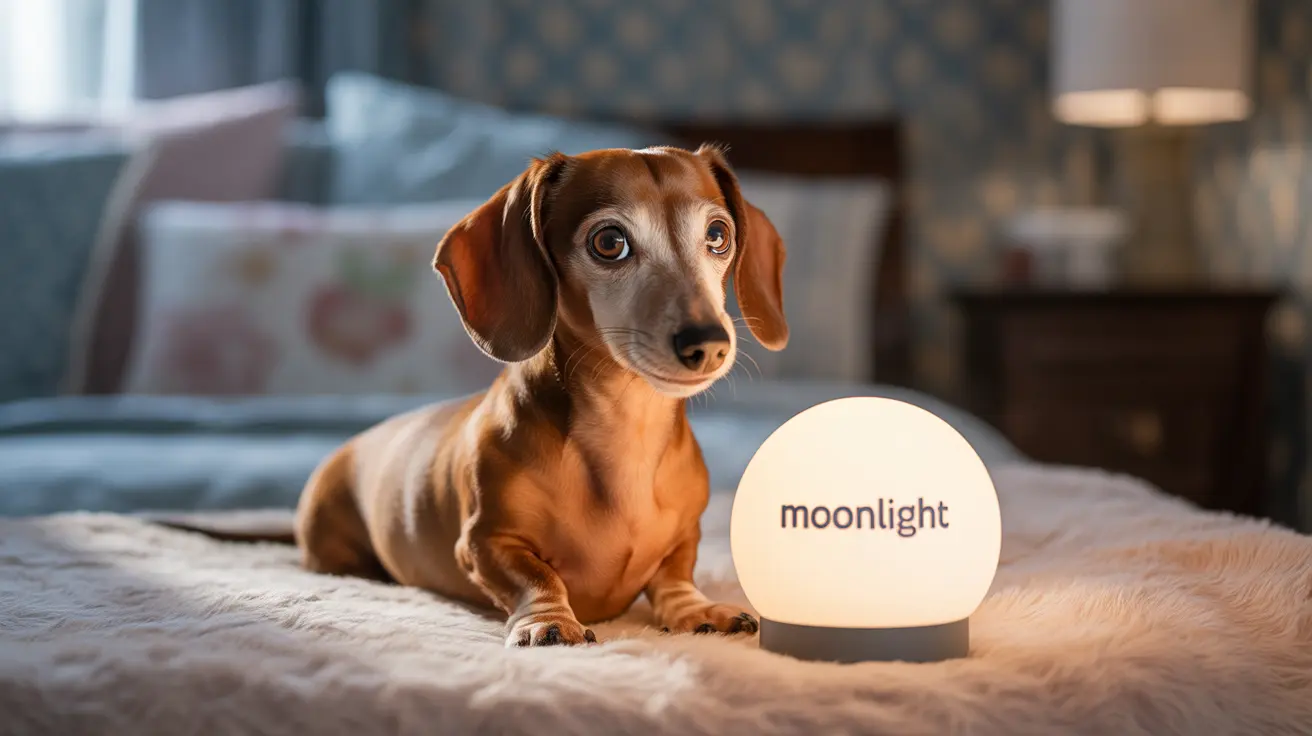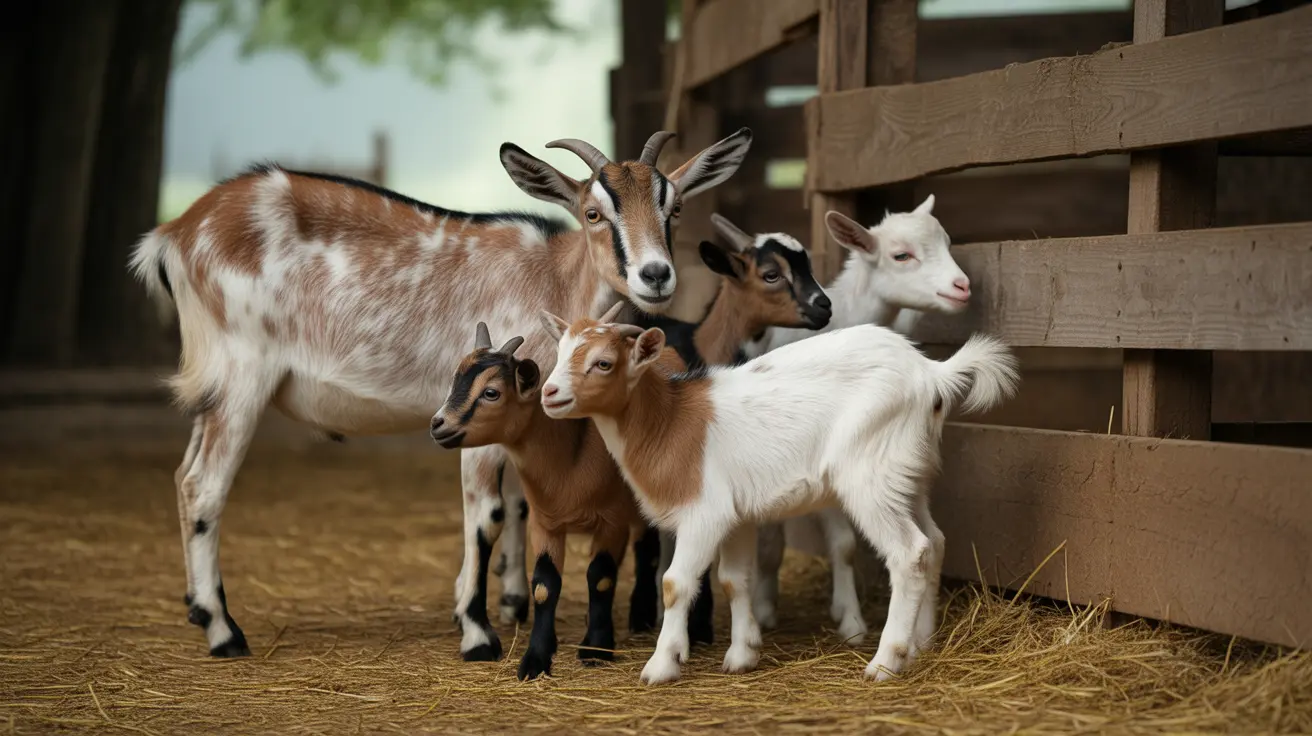Many pet owners have wondered whether their furry friends share our human apprehensions about darkness. While dogs possess remarkable night vision capabilities that far surpass our own, some canines do exhibit signs of anxiety or distress when the lights go out. Understanding whether dogs are truly scared of the dark requires exploring their unique sensory abilities and the various factors that might contribute to nighttime anxiety.
In this comprehensive guide, we'll examine the science behind dogs' night vision, common signs of darkness-related anxiety, and effective solutions to help your pet feel more comfortable when the sun goes down.
Understanding Dogs' Night Vision Capabilities
Dogs are naturally equipped with superior night vision compared to humans. Their eyes contain a special reflective layer called the tapetum lucidum, which enhances their ability to see in low-light conditions. This adaptation, combined with a higher number of rod cells in their retinas, allows dogs to navigate dark environments with remarkable efficiency.
Additionally, dogs rely heavily on their acute sense of smell and hearing, which remain fully functional regardless of lighting conditions. These enhanced senses help them maintain awareness of their surroundings even when visibility is limited.
Common Signs of Dark-Related Anxiety in Dogs
While true fear of darkness is relatively uncommon in dogs, some may display anxiety-related behaviors when lights are dim or off. Watch for these telltale signs:
- Whining or barking specifically when lights are turned off
- Reluctance to enter dark rooms or spaces
- Pacing or restlessness during nighttime hours
- Excessive panting or drooling in dark environments
- Seeking constant physical contact with owners after dark
- Destructive behavior focused around windows or doors
Why Some Dogs React Negatively to Darkness
Medical and Age-Related Factors
Vision problems, particularly in senior dogs, can make darkness more challenging to navigate. Age-related conditions like cataracts or progressive retinal atrophy may cause increased anxiety in low-light situations as dogs struggle to see clearly.
Environmental and Psychological Factors
Many cases of apparent darkness anxiety are actually related to other issues, such as:
- Separation anxiety coinciding with nighttime
- Past traumatic experiences in dark conditions
- Changes in routine or environment
- Unfamiliar sounds or scents more noticeable at night
How to Help Your Dog Feel Secure in the Dark
Create a Comfortable Environment
Establish a safe, consistent nighttime space for your dog with these strategies:
- Install night lights in key areas
- Maintain a regular evening routine
- Provide a comfortable, designated sleeping area
- Use calming aids like white noise machines or pheromone diffusers
Training and Behavior Modification
Help your dog build confidence in dark conditions through:
- Positive reinforcement training
- Gradual desensitization to darkness
- Regular exercise before bedtime
- Consistent bedtime routines
Frequently Asked Questions
Are dogs naturally afraid of the dark, or is nighttime anxiety caused by something else?
Dogs are not naturally afraid of the dark. Their superior night vision and other keen senses make them well-adapted to low-light conditions. Nighttime anxiety is typically caused by underlying factors such as separation anxiety, past experiences, or medical issues rather than darkness itself.
How can I tell if my dog is scared of the dark, and what are the common signs?
Signs include whining, barking, pacing, reluctance to enter dark spaces, excessive panting, and seeking constant comfort from owners. However, these behaviors should be evaluated in context to determine if darkness is truly the trigger.
How do dogs see in the dark, and do some breeds or older dogs struggle more with night vision?
Dogs have specialized eye structures that allow them to see better in the dark than humans. However, older dogs and certain breeds prone to eye problems may experience diminished night vision, leading to increased anxiety in dark conditions.
What are the best ways to help a dog that seems anxious or fearful in dark or dimly lit environments?
Effective strategies include maintaining consistent routines, using night lights, providing a secure sleeping area, and implementing positive reinforcement training. For severe cases, consult with a veterinarian or professional dog trainer.
Could my dog's nighttime anxiety be due to separation issues or past trauma rather than a fear of the dark itself?
Yes, many cases of apparent darkness anxiety are actually related to separation anxiety, past traumatic experiences, or other underlying issues that become more pronounced at night when there are fewer distractions.






